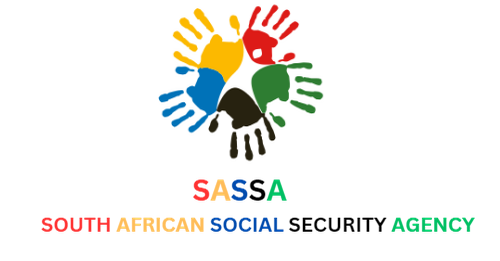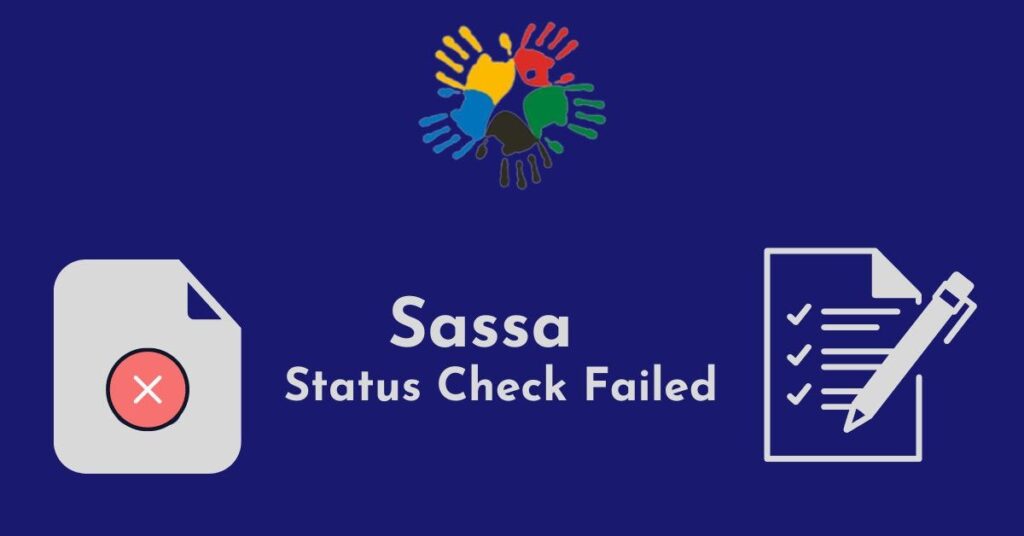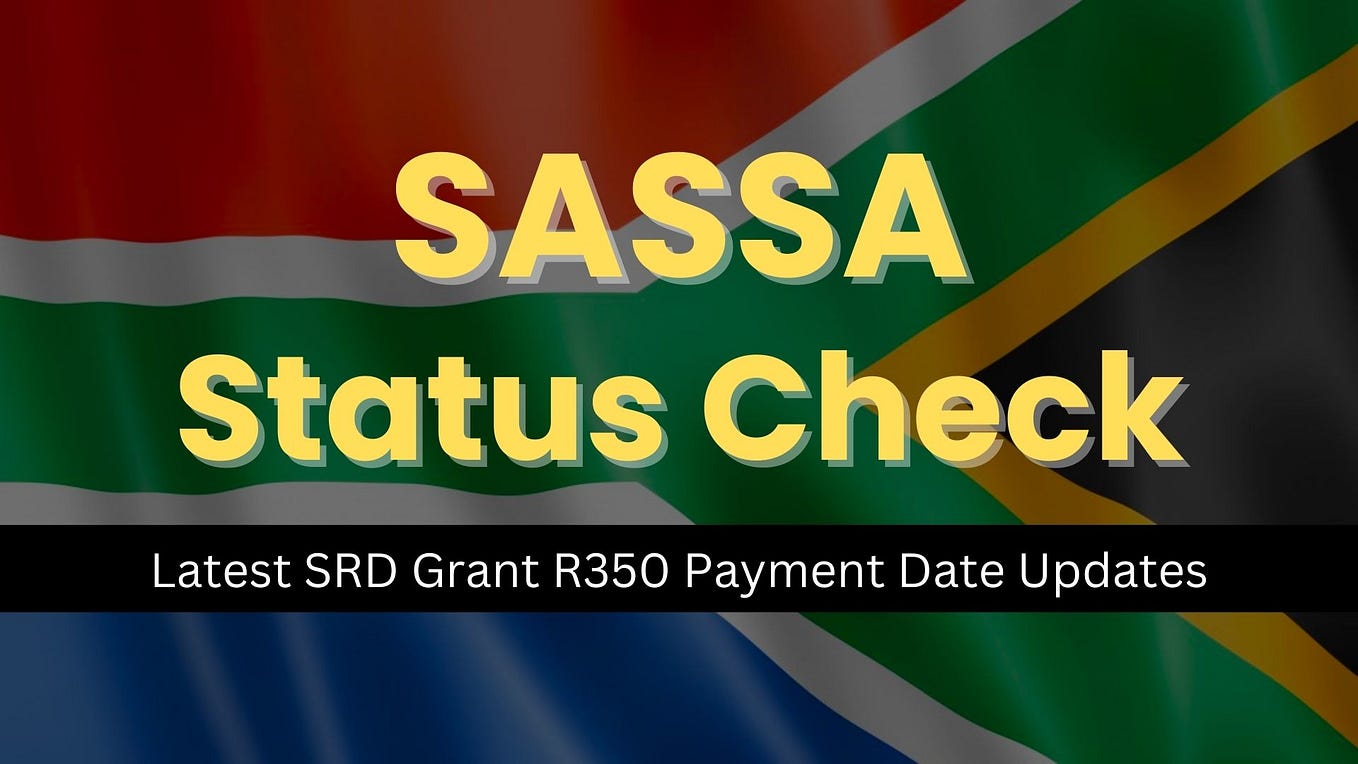Amidst the challenges posed by the COVID-19 pandemic, the South African Social Security Agency (SASSA) has been working tirelessly to provide financial relief to those in need through the Social Relief of Distress (SRD) grant.
However, the application process can be daunting, and many applicants encounter issues such as the “SASSA Status Check Failed” or “Identity Verification Failed” errors. In this comprehensive guide, we’ll dive deep into understanding these errors, exploring the reasons behind them, and providing step-by-step solutions to help you overcome these challenges and successfully secure your SRD grant.
Understanding the “SASSA Status Check Failed” Error

What is the “SASSA Status Check Failed” Error?
The “SASSA Status Check Failed” error occurs when the details provided by an applicant during the SRD grant application process do not match the information in the Department of Home Affairs database. This mismatch can be caused by various factors, including typographical errors, outdated information, or inconsistencies in the official records.
Why Does the Identity Verification Fail?
The identity verification process is a crucial step in the SRD grant application, as SASSA cross-checks the applicant’s details with the Department of Home Affairs’ records. If any discrepancies are found, the identity verification fails, and the applicant receives the dreaded “Identity Verification Failed” status.
Here are some common reasons why the identity verification might fail:
- Incorrect Personal Information: If the applicant has entered their name, surname, or ID number incorrectly, the system will flag it as a mismatch with the official records.
- Outdated Information: If the applicant’s personal details have changed (e.g., due to marriage or a legal name change) and they haven’t updated the information with the Department of Home Affairs, their application may be rejected due to a data mismatch.
- Typographical Errors: Even a single typo or missing digit in the applicant’s ID number or personal details can cause the verification process to fail.
- Database Inconsistencies: Occasionally, there may be inconsistencies or errors in the Department of Home Affairs database itself, leading to mismatches during the verification process.
Resolving the “SASSA Status Check Failed” Error
If you’ve received the “SASSA Status Check Failed” or “Identity Verification Failed” status, don’t panic. There’s a way to appeal the decision and have your application reconsidered. Follow these steps to lodge an appeal:

Step 1: Visit the SASSA SRD Grant Website
Go to the official SASSA SRD grant website at srd.dsd.gov.za.
Step 2: Enter Your ID Number and Phone Number
On the website, you’ll find a section dedicated to lodging appeals. Enter your ID number and phone number in the respective fields.
Step 3: Lodge Your Appeal
After entering your details, you’ll have the option to lodge your appeal. Make sure to provide any relevant information or documentation that supports your case.
Important Note: You must lodge an appeal for every month that your grant was declined. SASSA will review each appeal individually.
Step 4: Track Your Appeal Status
Once you’ve submitted your appeal, you can track its status on the SASSA SRD grant website. Here’s how:
- Visit the SASSA SRD grant website at srd.dsd.gov.za.
- Scroll down to the “Application Status” section.
- Click on the “Click here to check online” button.
- Fill in the required fields, such as your ID number and phone number.
- You should now be able to see the status of your SRD grant application and any pending appeals.
Step 5: Wait for the Appeal Outcome
SASSA’s Independent Tribunal will review your appeal and relay the outcome to you electronically within 60 to 90 days from the date you lodged the appeal.
Tips for a Successful Appeal
To increase your chances of a successful appeal, consider the following tips:
- Double-check Your Personal Details: Ensure that you’ve entered your name, surname, and ID number correctly when submitting the appeal. Any discrepancies may result in another failed verification.
- Provide Supporting Documentation: If you’ve recently changed your personal details (e.g., due to marriage or a legal name change), provide supporting documentation, such as a marriage certificate or legal affidavit, to validate the changes.
- Be Patient: SASSA processes millions of applications and appeals, so it may take some time before your appeal is reviewed and a decision is made.
- Follow-Up: If you haven’t received an update on your appeal within the specified timeframe, don’t hesitate to follow up with SASSA through their official communication channels.
Checking Your SRD Grant Application Status Online
If you’re unsure about the status of your SRD grant application or appeal, you can easily check it online. Here’s how:
- Visit the SASSA SRD grant website at srd.dsd.gov.za.
- Scroll down to the “Application Status” section.
- Click on the “Click here to check online” button.
- Enter your ID number and phone number when prompted.
- Your application status should be displayed, including any pending appeals or successful approvals.
It’s important to note that in some cases, your application status may be unavailable initially. SASSA reminds applicants that their system is processing millions of applications, so it may take some time before your application status is updated and available for viewing.
Importance of Accurate Information
Providing accurate and up-to-date personal information is crucial when applying for the SASSA SRD grant. Even a single typo or outdated detail can lead to a failed verification and a delayed or rejected application. By double-checking your details and following the appeal process diligently, you can increase your chances of a successful outcome.
Frequently Asked Questions (FAQs)
1. What does the “Identity Verification Fixed” message mean?
If you receive the “Identity Verification Fixed” message, it means that SASSA has resolved any issues with your personal details and your identity has been confirmed. This is a positive step in the application process, indicating that your application can proceed to the next stage.
2. Can I appeal if my SRD grant application is declined?
Yes, if your SRD grant application is declined, you have the right to appeal the decision. However, it’s important to note that you must lodge your appeal within 30 days of receiving the rejection status. Failure to do so may result in your appeal being dismissed.
3. How long does the appeal process take?
SASSA’s Independent Tribunal will relay the outcome of the appeal to the applicant electronically within a period of 60 to 90 days from the date the appeal was lodged. It’s important to be patient and wait for the official communication from SASSA regarding the appeal outcome.
4. Can I check the status of my SRD grant application online?
Yes, you can check the status of your SRD grant application online by visiting the SASSA SRD grant website (srd.dsd.gov.za). Scroll down to the “Application Status” section and click on the “Click here to check online” button. Enter your ID number and phone number when prompted, and your application status will be displayed.
5. What should I do if my application status is unavailable?
If your application status is unavailable, SASSA advises applicants to be patient as their system is processing millions of applications. It may take some time before your application status is updated and available for viewing.
Conclusion
Navigating the SASSA SRD grant application process can be challenging, but with the right guidance and perseverance, it’s possible to overcome obstacles such as the “SASSA Status Check Failed” error. By following the steps outlined in this guide, double-checking your personal details, and providing accurate information, you can increase your chances of a successful appeal and ultimately secure the financial assistance you need during these difficult times.
Remember, the SASSA SRD grant is designed to provide relief to those in distress, and by working together and adhering to the proper procedures, we can ensure that those in need receive the support they deserve.
